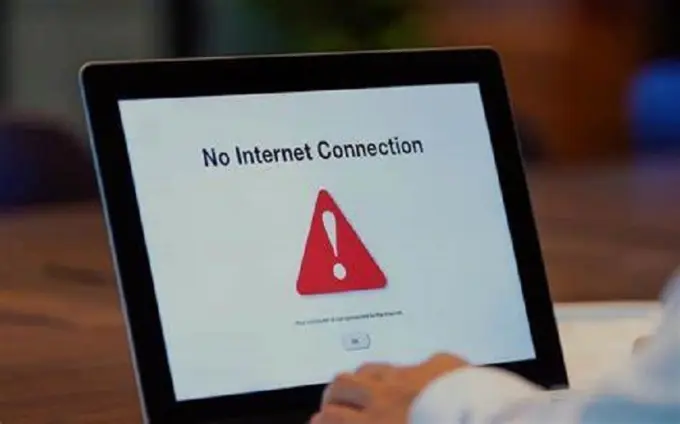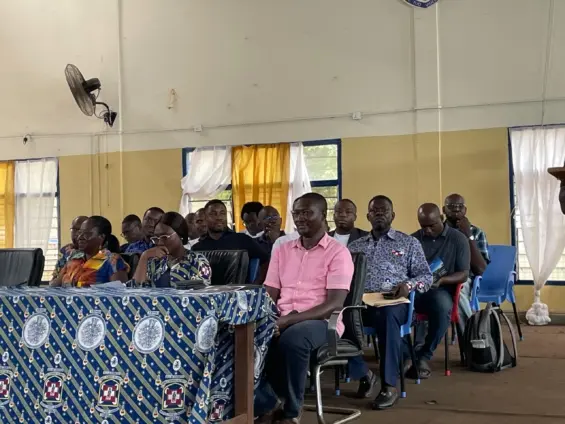Accra awoke last week to the stark reality of increased electricity costs, a burden felt immediately by households and businesses across Ghana. The Electricity Company of Ghana (ECG) implemented a 14.75% tariff increase, sparking widespread public dissatisfaction and drawing sharp criticism from the Minority in Parliament. Their message is clear: Ghanaians deserve reliable service before being asked to pay more.
The ECG, responsible for distributing power throughout the nation, finds itself at the center of a growing storm. The Minority argues that further ECG tariff hikes are unacceptable without demonstrable improvements in ECG performance and a serious commitment to addressing the company’s deep-seated operational problems. At the heart of their concern lies ECG’s massive debt and persistent issues of mismanagement, issues that, according to the Minority, must be resolved before placing further strain on the Ghanaian people.
Minority’s Stance on Tariff Hikes
The Minority’s position is unwavering: significant improvements in service delivery must precede any consideration of future tariff increases. They insist that ECG must tackle its operational inefficiencies, demonstrating a tangible commitment to providing reliable and affordable electricity. Speaking to the press last week, George Kwame Aboagye, a leading voice in the Minority, stated emphatically, “We said we would not accept or agree to a new tariff, and we stand by that. We want to see performance first.”
The core of their argument is that ECG must prove it’s actively improving operations and fixing inefficiencies before expecting Ghanaians to shoulder increased costs. This stance is not simply about opposing tariff hikes; it’s about demanding accountability and ensuring that consumers receive value for their money.
Adding to their concerns is the escalating GH¢67 billion debt owed by ECG to power producers. The Minority sees a direct link between this staggering debt and the company’s ongoing commercial losses and mismanagement. They argue that these financial woes directly undermine ECG’s ability to provide consistent and reliable service, creating a vicious cycle of underperformance and financial instability.
ECG’s Operational Challenges
One of the key operational challenges highlighted by the Minority is the inefficient distribution of electricity meters to consumers. Naser Toure Mahama, another prominent member, pointed out the absurdity of long waiting lists for meters, noting, “People who are from the waiting list to get a meter to start paying for them. So, if ECG can make sure they can produce meters for the customers, it only means it is going to create more revenue for them.”
Streamlining the meter distribution process, according to the Minority, could significantly improve ECG’s financial health and enhance customer satisfaction. The delays not only frustrate consumers but also deprive ECG of potential revenue, exacerbating its financial difficulties.
Mahama emphasized the urgent need for ECG to streamline its operations to prevent these unacceptable delays. He stressed the direct correlation between efficient service and increased revenue generation, urging ECG to prioritize customer needs and eliminate unnecessary bureaucratic hurdles.
Potential Solutions and the Way Forward
During a recent high-level engagement between the Parliamentary Energy Committee and key energy sector stakeholders, potential solutions were discussed. While specific details of these discussions remain confidential, the committee members emphasized the need for a multi-faceted approach to address ECG’s challenges.
Ultimately, the path to improved ECG performance hinges on a commitment to addressing commercial losses, tackling mismanagement, and embracing operational efficiency. Technology upgrades, enhanced customer service, and greater transparency are all potential avenues for improvement.
The Minority’s stance is clear: Ghanaians deserve better. Before any further ECG tariff hikes are considered, ECG must demonstrate a tangible commitment to improving its performance and financial stability. The connections between debt, mismanagement, and poor service are undeniable.
The future of Ghana’s power distribution rests on ECG’s ability to prioritize service improvements and operational efficiency. Only then can a conversation about tariff adjustments be considered legitimate. What’s your experience with ECG? Share your thoughts and join the discussion.
Image Source: MYJOYONLINE






















